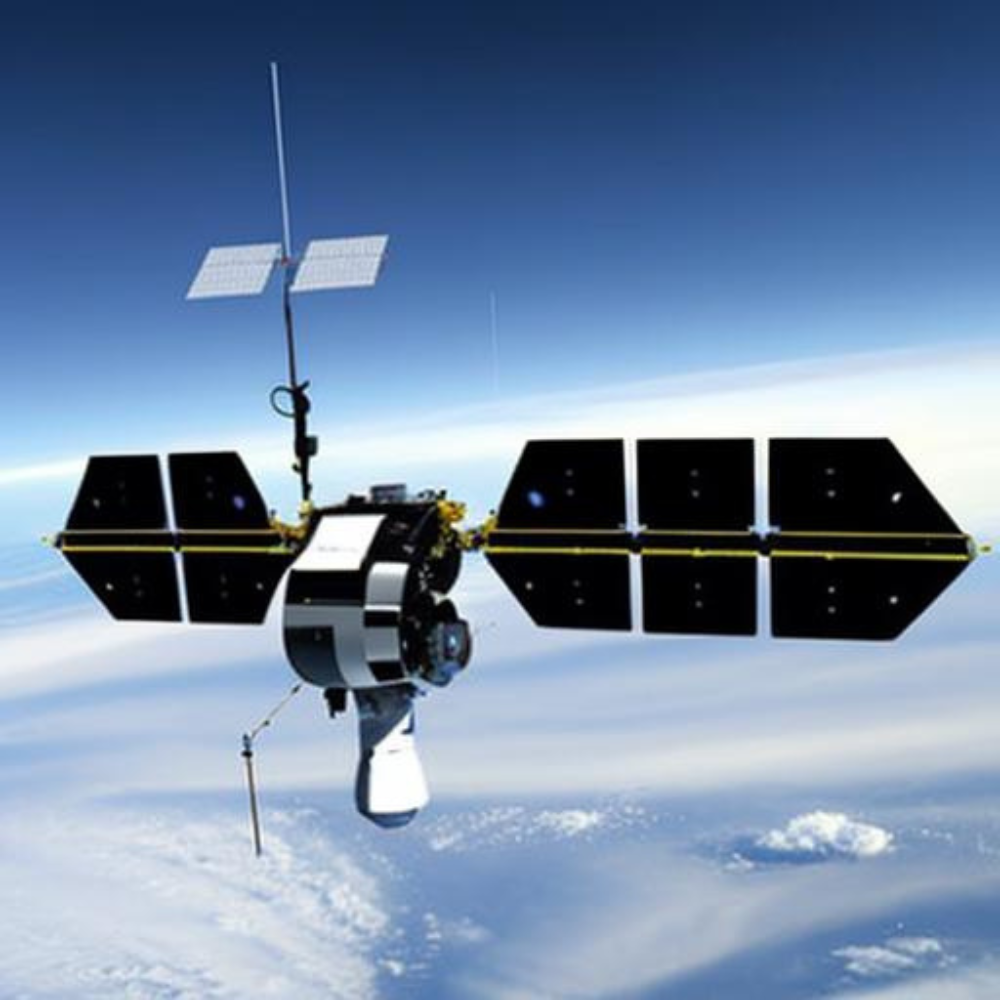Technological advancements have brought remarkable benefits to society, from improved communication and transportation to better healthcare and education. However, with new technology comes the challenge of regulation. Regulating new technology is difficult because it often outpaces the ability of lawmakers to keep up with it. Here are some of the challenges that arise in regulating new technology.
Lack of expertise
Regulating new technology requires a deep understanding of the technology and its implications. Unfortunately, lawmakers and regulators may not have the necessary expertise to fully comprehend the technology they are tasked with regulating. This can lead to ineffective or even harmful regulations. It is important for policymakers to work closely with experts in the field to ensure that regulations are well-informed and effective.
Rapid pace of change
Technology evolves at a rapid pace, and regulations can take years to implement. By the time a regulation is passed, the technology it aims to regulate may have already become outdated. This can lead to a situation where regulations are either ineffective or obsolete. Policymakers need to be able to anticipate future developments and plan accordingly to keep up with the pace of change.
Balancing innovation and regulation
Regulation can stifle innovation, which can be detrimental to the development of new technology. On the other hand, unregulated technology can pose risks to public health and safety. Policymakers need to strike a balance between encouraging innovation and protecting the public. This can be a difficult task, as regulations that are too strict can hinder innovation, while regulations that are too lax can endanger the public.
International coordination
New technology is often developed and distributed globally. This means that regulations need to be coordinated across multiple jurisdictions to be effective. International coordination can be difficult, as different countries may have different laws and regulations. Policymakers need to work together to create a cohesive regulatory framework that addresses the global nature of new technology.
Balancing privacy and security
New technology often involves the collection and use of personal data, which can raise privacy concerns. At the same time, new technology can also pose security risks, such as the potential for cyberattacks. Regulating new technology requires finding a balance between protecting personal privacy and ensuring security. This can be a delicate task, as policies that are too strict can hinder innovation and policies that are too lax can endanger personal privacy and security.
Conclusion
In conclusion, regulating new technology is a complex and difficult task that requires careful consideration and expertise. Policymakers need to strike a balance between encouraging innovation and protecting public health and safety. They also need to work together across borders to create a cohesive regulatory framework that addresses the global nature of new technology. As technology continues to evolve at a rapid pace, policymakers need to stay informed and be prepared to adapt to new developments.





